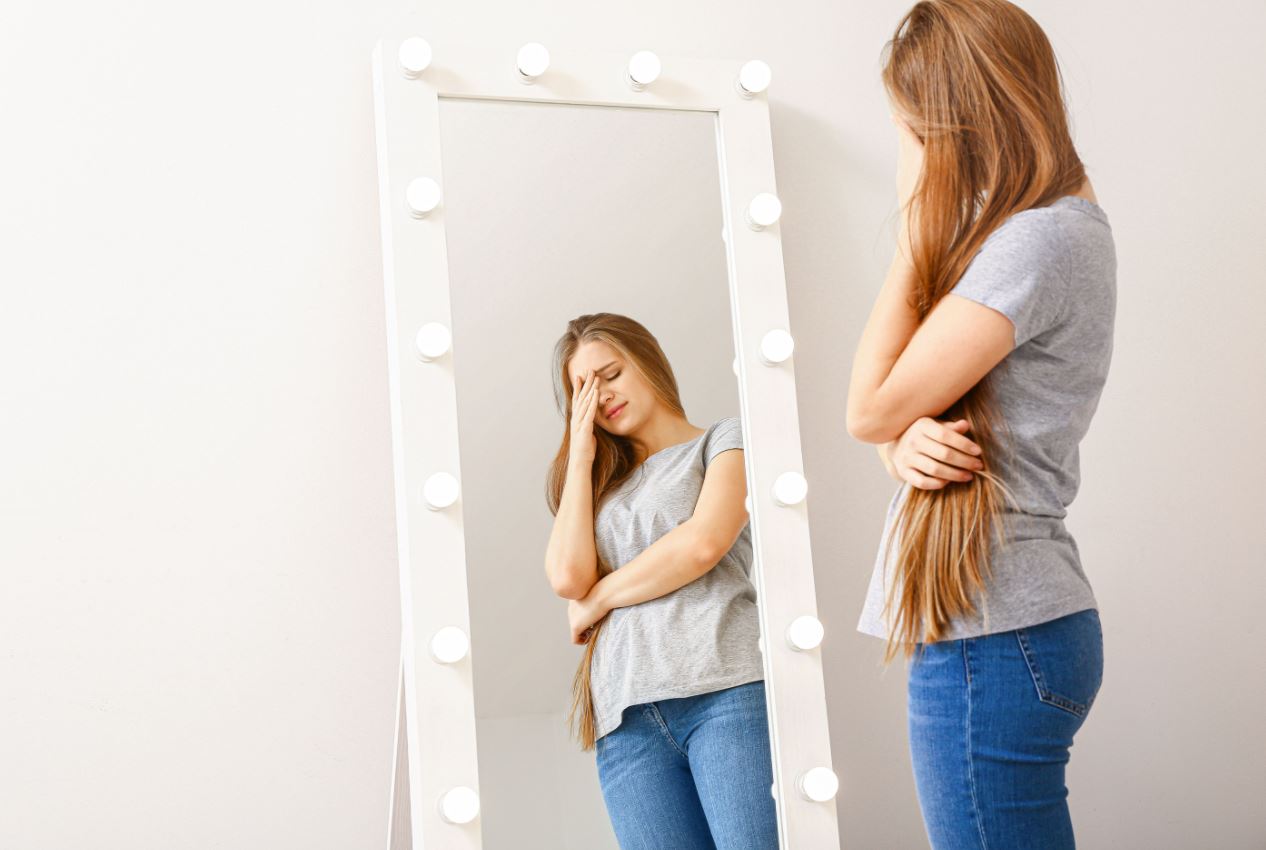The Unlikely Duo Affecting Your Life
It is not uncommon to read about connections between exercise or balanced diet with health and self esteem. But researchers are urging we take a look at the third pillar of health: sleep. Recent studies show just how important sleep is when evaluating your own value, self-image and worth.
Not getting enough quality sleep negatively impacts your cognitive function, mood, reaction time, learning and memory tasks. 1-3
Deep down inside, many of us value ourselves based on how others perceive us. But by depriving ourselves from the sleep we need, we are more likely to appear gruff and forgetful. By getting too few hours of quality sleep, we are setting ourselves up to forget that acquaintance’s name…again.
Individuals getting better quality sleep are perceived to appear more alert, more youthful, and more attractive (changes in facial surface volume and color were identified). 4
Appearing more youthful and attractive? Yes, please. Chalk up another self-worth point for sleeping. As it turns out, beauty sleep is real. (Science says so.)
Short sleep duration appears independently associated with weight gain, particularly in young age groups. 5
Weight gain and physical appearance have always been tied to self-esteem and worth. Though the answer is basic and a bit unremarkable, we now have a name for the magic weight loss solution we’ve been coveting! And thy name is sleep.
There is value to treating sleep disturbances in treatment-resistant depression. 6
Science and anecdotal evidence have long linked depression and trouble sleeping. But this new research is a bit like the chicken and the egg. Its findings suggest that instead of treating depression to stop the sleep disturbances, we should treat the sleep disturbance which in turn will improve the symptoms of depression! (Mind blown.)
Sleep loss affects social abilities such as moral awareness, leadership ability and empathic accuracy. 7
During the process of evaluating ourselves, these three are heavy hitters. Our moral compass, ability to lead and empathy for others can be viewed as signs of success. By striving for that quality sleep, we can better ourselves in the social situations that make up our lives.
Sleep is a basic human need—a crucial component of survival, much like breathing, eating a healthy diet or getting enough exercise. But it is not yet a mainstream topic until we make it one.
References
- Dinges DF, Pack F, Williams K, et al. Cumulative sleepiness, mood disturbance, and psychomotor vigilance performance decrements during a week of sleep restricted to 4-5 hours per night. Sleep 1997;20:267-77.
- Carskadon MA, Dement WC. Cumulative effects of sleep restriction on daytime sleepiness. Psychophysiology 1981;18:107-13.
- Van Dongen HP, Maislin G, Mullington JM, Dinges DF. The cumulative cost of additional wakefulness: dose-response effects on neurobehavioral functions and sleep physiology from chronic sleep restriction and total sleep deprivation. Sleep 2003;26:117-26.
- Chervin, RD, Ruzicka, D, Vahabzadeh, A, et al. Journal of Clinical Sleep Medicine 2013; 9;845-852.
- Patel SR, Hu FB. Short sleep duration and weight gain: a systematic review. Obesity (Silver Spring) 2008 Mar;16(3):643−53.
- Dr. YK Wing (U. Hong Kong, China) presented new data on the added value of treating sleep disturbances in treatment-resistant depression at World Sleep 2017.
- Dr. Tina Sundelin (Sweden), reviewed how sleep loss affects social perception and social abilities, which includes recent experimental studies determining how sleep deprivation affects self-reported sociability, emotional expressiveness, moral awareness, leadership ability, and empathic accuracy at World Sleep 2017.



